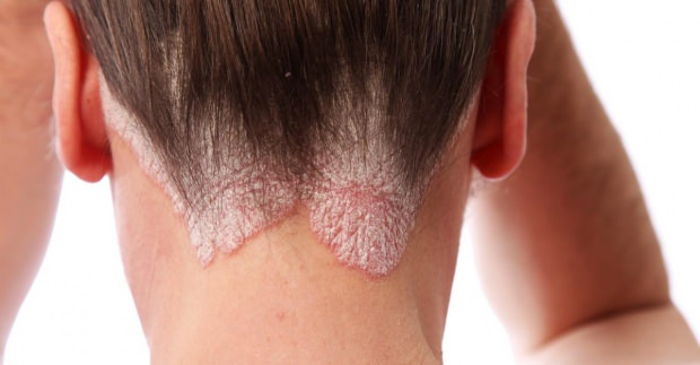- 0 332 350 37 67
- bilgi@ezgiulu.com.tr
Atopic Dermatitis

Atopic Dermatitis
Atopic eczema (dermatitis); It is a relapsing skin disease that manifests itself with skin dryness, rash and itching, with occasional flare-ups and improvements, and is more common especially in young children. Most individuals with atopic eczema have a personal or family history of allergic diseases such as asthma and flu. In babies and young children, symptoms of the disease are usually seen on the face, elbows or inner parts of the knees, while in older children and adults, they are usually seen on the hands, neck, inner surface of the elbows, back of the knees and ankles. Dryness, long and hot baths, infections, stress, sweating, temperature and climate changes, soaps, detergents, woolen clothes, dust and plant pollens, cigarettes, animal hair and some foods may cause an increase in complaints.
Eczema manifests itself as water-filled blisters on the skin. Later, these blisters are replaced by crusting and dandruff, resulting in thickening of the skin. Although the symptoms of eczema are not seen the same in every patient, the general symptoms are as follows: Itching on the body is among the symptoms of eczema. Some itching may worsen at night and may cause wakefulness. Even if there is no visible blemish, it is beneficial to see a specialist without delay, as itching on the body may be a symptom of eczema. Early diagnosis in eczema treatment is important to achieve successful results.
To diagnose eczema, a physical examination and patch test must be performed. The allergen revealed in the patch test should be investigated by dermatologists and then diagnosed. During the patch test, low concentrations of allergenic substances are applied to the patient's back and observed after 48 to 72 hours. During this period, the person should not exercise, take a shower, or engage in similar behavior that could affect the test. If there is swelling, watering and redness in the area, it is determined that the patient is allergic to the substance applied to that area.
There are various medications for the treatment of eczema. It is extremely important to use these medications under the supervision of a doctor. When eczema becomes infected, the infection must be treated along with the eczema. If eczema is very advanced, antibiotics may be required. For eczema diagnosed early, mild cortisone creams are usually applied. Cortisone creams are the first choice for eczema that appears as red spots and causes itching. Taking a break from these creams after controlling the itching is useful to protect the skin from side effects.

